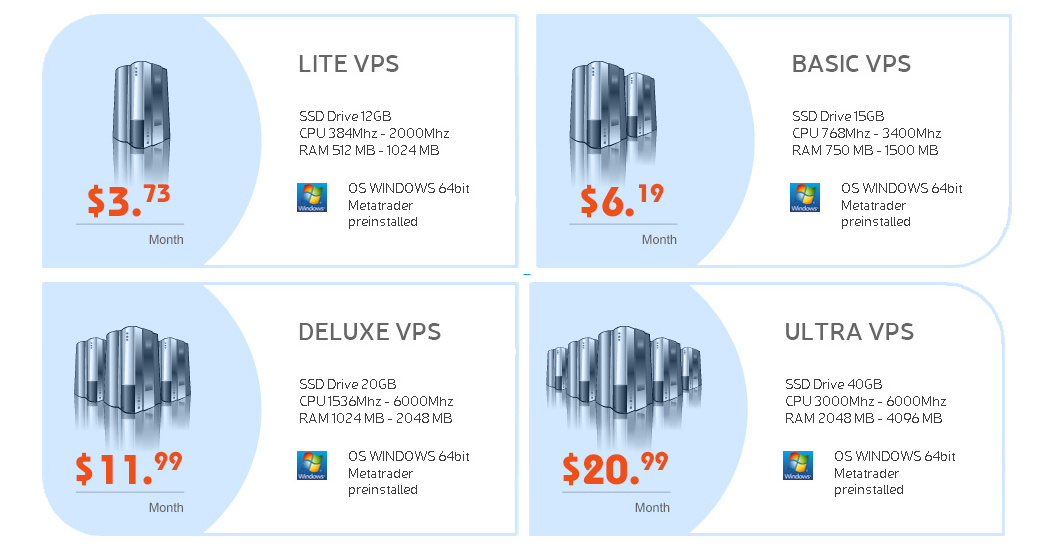As you dive deeper into the world of trading, you might find yourself contemplating the idea of turning it into a full-time venture, replacing your current income. While it is indeed possible to achieve such a goal, it's essential to understand that successful trading demands hard work, discipline, and a strategic approach. Many before you have embarked on this journey, and with dedication and perseverance, you can make it too.
Trading, often associated with visions of making money and globetrotting, is undoubtedly exciting and potentially lucrative. However, if you envision trading as your primary source of income, be prepared to spend significant time in front of your computer, analyzing markets and executing trades. Contrary to the get-rich-quick image that trading might evoke, sustained success in trading requires a long-term approach and a willingness to learn from both wins and losses.
To thrive in trading, it's crucial to view it as a business rather than just an investment activity. This mindset shift can bring unexpected benefits, especially in terms of tax advantages. Small businesses, including trading operations, enjoy various tax deductions that the IRS has been reluctant to strip away. Congress has been supportive of entrepreneurial endeavors, appreciating the role small businesses play in shaping the nation's economy.
As the forex trading industry becomes more complex with new regulatory reforms, it is vital to recognize the importance of maintaining accurate records for tax purposes. Unlike equities trading, where brokers provide year-end statements for tax reporting, forex traders are often responsible for recording their trades and calculating profits and losses for tax reporting. While some brokers offer software to assist with this, traders must take the initiative to ensure proper reporting.
When it comes to the tax code, traders can classify themselves either as investors or traders. Investors may benefit from potential capital gains tax treatment on long-term investments, but they generally don't receive significant tax advantages. However, traders, upon fulfilling certain criteria, gain access to a wide range of tax deductions. These deductions include trading education expenses, financial software costs, accounting fees, office equipment, interest on margin accounts, and even travel expenses related to business trips, among others.
To be classified as a trader, one needs to demonstrate a clear intent to trade for profit, and the holding period, frequency of trades, and purpose for trading play crucial roles in this determination. Forex traders often find it easier to prove their trader status since their primary objective is trading for profit. This status enables them to report income and losses on Schedule D while enjoying various tax deductions.
While operating as a sole proprietorship is an option, incorporating the trading business into a trade corporation can bring numerous benefits. Creating a separate legal entity for trading provides clarity of purpose and helps in clearly distinguishing personal and business assets. Moreover, incorporating offers asset protection, liability reduction, and various family financial planning advantages. Although it incurs additional setup and operational costs, the advantages of incorporation often outweigh these expenses, particularly for traders seeking added protection and business organization.
In conclusion, the journey towards full-time trading can be both rewarding and challenging. Treating trading as a business, understanding tax advantages, and considering incorporation are essential steps on this path. By diligently adhering to a strategic approach, traders can increase their chances of success and turn their passion for trading into a fulfilling and sustainable source of income. Remember, patience, discipline, and a business-oriented mindset are the keys to thrive in the dynamic world of trading.
